By Aidan Prewett
A trip down into D.A. Pennebaker’s basement offices is a descent into a veritable museum of pop culture history. The walls are covered, every inch, with original posters from JFK’s political rallies, concert flyers from the Fillmore East, and artwork from every other performance venue important enough to have a Pennebaker film made there. Shelves are lined with sacred artefacts; film canisters containing the raw materials of history. If Pennebaker was filming you, you were history. On this particular day, however, it was I who had the honour of filming Pennebaker. Penny’s own desire to foster young talent – to give a leg-up to other filmmakers – was clear. He helped give a push to my career, and continued to do so well after this particular documentary was completed. He performed this service for so many others over the course of his own extraordinary career. I’m truly grateful for his generosity.
As a documentary filmmaker, there are few artists who have influenced me more than D.A. Pennebaker. I’ve been devouring Penny’s films since my late teens. Pennebaker is a staple of film schools everywhere, and as soon as I had a taste, I wanted to get my hands on as many of his films as possible. Dont Look Back (1967) was the obvious starting point, but the Monterey Pop (1968) festival, featuring Jimi Hendrix’s fiery American debut, took me to another planet. And then I learned of Penny’s political connection. After filmic success with JFK’s presidential campaign, filmmakers Bob Drew, Richard Leacock, Albert Maysles, and D.A. Pennebaker were allowed exclusive access to the White House. Penny in particular developed bonds with the President and his senior staff. He enjoyed observing their quieter moments, and continued to work in this circle in years to follow.
Pennebaker has run his filmmaking operations out of this 91st St brownstone since the 1970’s. This is the Upper West Side of New York, a short stroll from the Park – why move? We’re following Penny’s PA; she has to slow down a little while we take in our surroundings. We continue through one room which is stacked floor-to-ceiling with 16mm film canisters and logging equipment. The labels on the cans are yellowing and hand written. Clearly legible are Ziggy Stardust and the Spiders from Mars, Dont Look Back, Monterey Pop, Sweet Toronto.
Walking through a room containing original footage of these performances is a big deal for me. They’re some of my favourite films. A realization sets in: I’m about to meet the man who captured this material. Hendrix setting fire to his guitar. Bob Dylan going electric. John Lennon on stage with Chuck Berry. Together with his wife, Chris Hegedus, Penny took his revolutionary filmmaking through to more politicised works in the subsequent decades. The pair were nominated for an Oscar for The War Room (1993), their documentary film of Bill Clinton’s political campaign. Their most recent film Unlocking the Cage (2016) deals with a ground breaking court case involving animal rights. Pennebaker was awarded a Lifetime Achievement Oscar in 2012.
Since the mid-1970’s, Pennebaker and Hegedus have directed and edited a plethora of films, always working with the most interesting and multifaceted people. Samuel Beckett, Jerry Lee Lewis, Isaac Hayes, Wilson Pickett, Carol Burnett, Germaine Greer, Sam Moore, Susanne Vega, Branford Marsalis, John DeLorean, Depeche Mode, Bruce Springsteen and President Jimmy Carter, among many others, have all appeared in Pennebaker Hegedus films. The story in each of these films carries, at its core, a deeply human journey of great ambition and triumph. In this sense, the focus on politics and performers is very natural. But there’s also ambition in DeLorean, about the sports car magnate and his initial production run of the iconic 80’s car. There’s ambition throughout of Unlocking the Cage (2016), following the courageous plight of animal rights advocates. Kings of Pastry (2009), explores ambition in the high-stakes world of the Meilleur Ouvrier, the top honour in French patisserie. A strong sense of hopefulness runs through all these films.
The Pennebaker Hegedus back-catalogue now holds more than fifty films, produced in as many years. Their first collaboration was Town Bloody Hall (1979), which centered around a 1971 public debate between Norman Mailer – whose published works were cultural commentaries, frequently on sexuality – and Jacqui Ceballos, the head of the National Organization of Women (N.O.W.) as well as several outspoken feminist writers including Germaine Greer and Jill Johnston. Pennebaker shot the footage, but it was Hegedus who saw the direction the edited film should take. Upon its release, Variety called it one of great societal and activist influences on the Women’s movement. The film still holds influence today.
At the time of their release, these films were artful, contemporary stories. Our lens has changed now. We see these films as truly beautiful – real – captivating moments in history. Historical moments are often recorded in writing – but the visual and emotional impact of these human stories would be lost were it not for the brilliant man behind the camera.
The camera itself was designed by Pennebaker. Frustrated by the cumbersome sound & camera rigs used in more orthodox documentaries, Pennebaker designed his own. This new Pennebaker camera allowed for ease of movement and synchronicity between the camera and a small portable sound recording system. This was a revolution in sync-sound. It changed the world of cinema in that it allowed – and encouraged – more intimate, smaller-scale stories to be told. Pennebaker continued to push the bounds of his own technology and constructed a series of the cameras which could be used by members of a larger crew, to shoot projects like Monterey Pop (1968). Pennebaker was often frustrated with the cameras and their various malfunctions, and he would sometimes need to scramble around, moments before shooting, disassembling and reassembling parts on the floor. Pennebaker constructed one of these cameras especially for Chris, with a little strip of green tape on the handle.
Back in the Pennebaker Hegedus headquarters, I’m spending a few moments trying to absorb the energy of the celluloid storeroom. Suddenly we break through into daylight, and there’s Penny. Unassuming, sitting at his computer in a large office space. A Jimi Hendrix action figure sits near him on a shelf, setting fire to a plastic guitar in full Monterey regalia. Pennebaker was always a little older than his rock star friends and subjects. Our conversation touches lovingly on friends passed. Jimi, Janis, John, Otis, Bobby. More recently, David Bowie and fellow documentary pioneers Richard Leacock, Al Maysles, and Bob Drew have joined them.
When I heard the news of Penny’s passing, I took out my copy of Dont Look Back (1967) and re-watched the opening with my three-year-old son Felix. Felix’s current major filmic interest is Paw Patrol (2017), so the fact that he sat and watched ten minutes of this black-and-white portrait of a young Bob Dylan is a testament to the timelessness of a Pennebaker film. A three-year-old’s assessment: “If I like Bob Dylan, I will watch Bob Dylan.” He was completely engrossed in the elegant, card-flipping genius of Pennebaker’s take on Dylan’s Subterranean Homesick Blues.
In Dont Look Back, we see the façade removed and the youthful, sometimes awkward Robert Zimmerman emerges. We see a similar transformation as David Bowie enters the chrysalis in Ziggy Stardust and the Spiders from Mars (1973). Pennebaker’s films are testaments to human adversity and triumph – to history – as much as they are testaments to the power of cinema.
D.A. Pennebaker is a witness for us all. Thanks to Penny, we can experience these real moments in history not just as articles or film reels, but as human stories. We can relive the emotion of being there. And it’s comforting to know that there’s a master at the helm. With a Pennebaker film, we’re not told what to think or feel. We don’t need that. We’re there with him.
We will continue to look back.
Aidan Prewett is a documentary filmmaker, teacher and author. His work has always featured a strong Pennebaker influence. He lives in Melbourne, Australia.
Image: DA Pennebaker, copyright Devil Blue Films

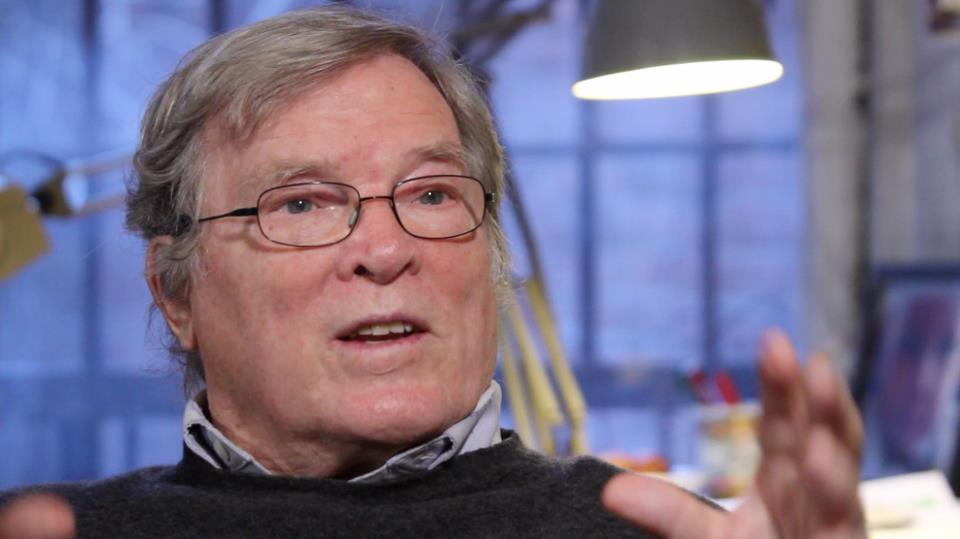
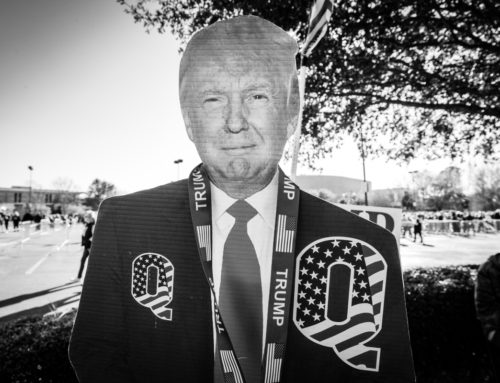


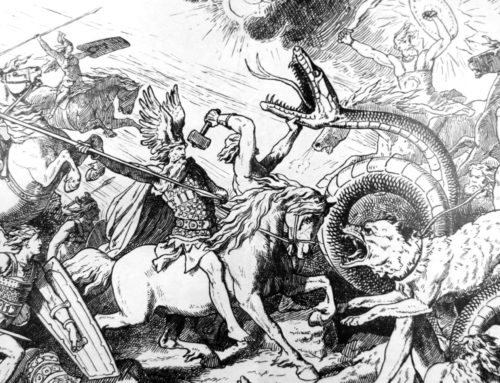
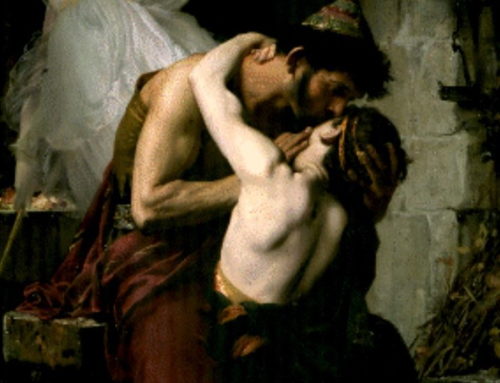
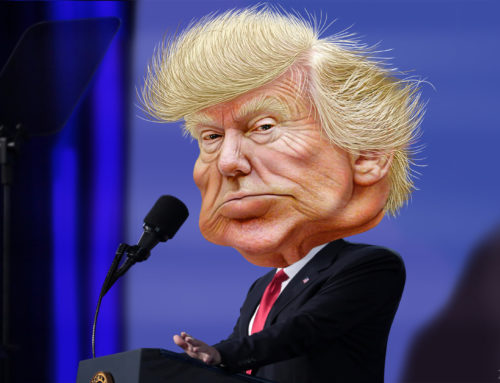
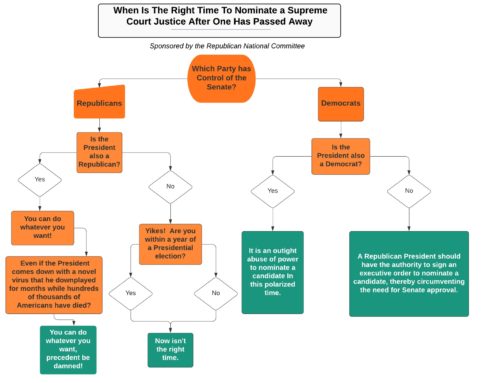
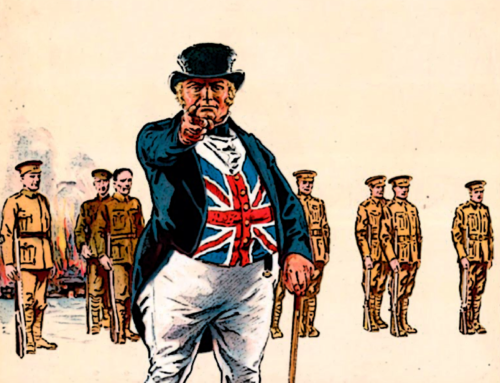
Leave A Comment